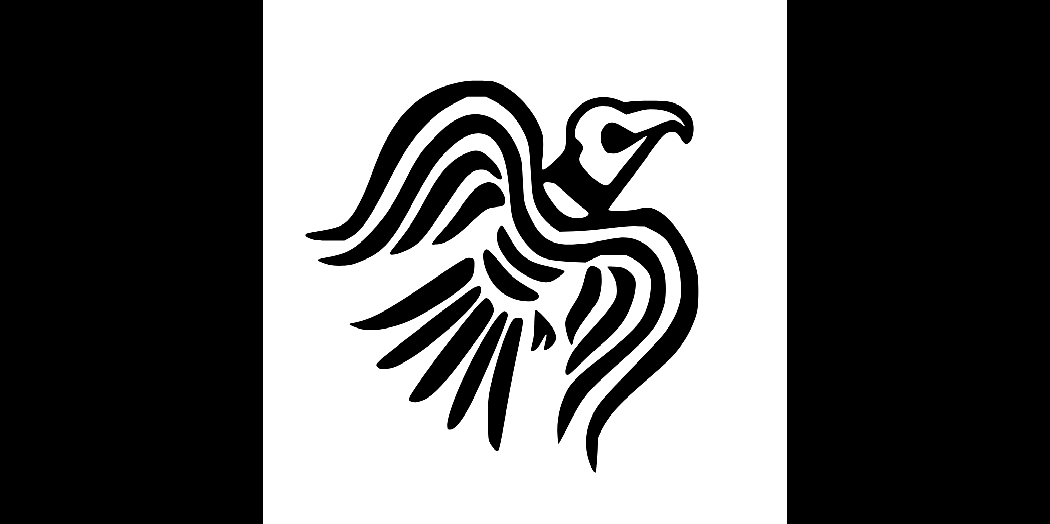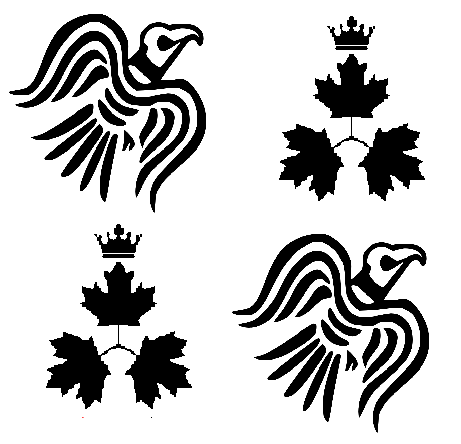Jokullheim: Difference between revisions
No edit summary |
Jokullheim (talk | contribs) |
||
| (4 intermediate revisions by one other user not shown) | |||
| Line 137: | Line 137: | ||
|footnotes = <!--For any generic non-numbered footnotes--> | |footnotes = <!--For any generic non-numbered footnotes--> | ||
}} | }} | ||
'''Jokullheim''' (Trefjalli: ''Jökullheim''), officially the '''Chiefdom of Jokullheim''' (Trefjalli: ''Höfðingjasetur Jökullheims''), is a country in northern [[Great Kaltachia]]. It is populated by around 500 thousand Jokullheimers, who claim descent from Trefjalli and Kanadiaans-speaking tribes. Jokullheim is bordered on all side by the ocean and stateless territory but has rail connections to Varskhomir and Candanadium. It has a largely arctic and sub-arctic climate, and as a result is subject to extreme weather such as blizzards and ice rain. Jokullheim is an elective absolute monarchy, the last of its kind in the world, where the [[Oberjarl of Jokullheim| | '''Jokullheim''' (/ˈjoʊkəlhaɪm/; Trefjalli: ''Jökullheim'', /ˈjœːcʏtl̥heiːm/; Kanadiaans: ''Jökullheim'', /ˈjœːkʊlhaɪm/), officially the '''Chiefdom of Jokullheim''' (Trefjalli: ''Höfðingjasetur Jökullheims''), is a country in northern [[Great Kaltachia]]. It is populated by around 500 thousand Jokullheimers, who claim descent from Trefjalli and Kanadiaans-speaking tribes. Jokullheim is bordered on all side by the ocean and stateless territory but has rail connections to [[Varskhomir]] and [[Candanadium]]. It has a largely arctic and sub-arctic climate, and as a result is subject to extreme weather such as blizzards and ice rain. Jokullheim is an elective absolute monarchy, the last of its kind in the world, where the [[Oberjarl of Jokullheim|Oberjarl]] is elected by the [[Council of the Chiefs of Jokullheim|Council of the Chiefs]]. Jokullheim is a founding member of the [[Kaltach Union]] and has extremely close political and economic ties to its fellow KU members, especially Candanadium, with which it was in personal union between 1864 to 1891. | ||
Jokullheim is the least-populated and least-developed state in the Kaltach Union. Its continued practice of challenge by combat, where any Jokullheimer may lay down a formal challenge for the title of Oberjarl or Chief through combat with the incumbent, has been criticized for failing to meet the Kaltach standard for democracy. | Jokullheim is the least-populated and least-developed state in the Kaltach Union. Its continued practice of challenge by combat, where any Jokullheimer may lay down a formal challenge for the title of Oberjarl or Chief through combat with the incumbent, has been criticized for failing to meet the Kaltach standard for democracy. | ||
=Etymology= | |||
The Trefjalli name ''Jökullheim'' means literally "land of glaciers". | |||
=History= | |||
=== Pre-History === | |||
Little is known about the prehistoric people of what would become Jökullheim. The few artifacts they left behind indicate they were nomadic hunter-gatherers, and they went extinct by the 3rd century BCE. | |||
=== The Founding === | |||
The earliest records of Jökullheim indicate that the Proto-Jökullheime left the Isle of Kaltach around the time of [[Candanadium|King Whilhelmus Von Magnare]] of the Kanadiaans, being separated from his fleet by a great storm. Arriving at their landing site and founding Førstehavn in 1107. Over the years, they would adapt to the frigid lands they now called home. | |||
Latest revision as of 13:08, 1 May 2025
Chiefdom of Jokullheim Höfðingjasetur Jökullheims Häuptlingstum Jökullheim | |
|---|---|
| Anthem: "National Anthem of Jokullheim" | |
| Capital and largest city | Brukallheide |
| Official languages |
|
| Ethnic group(s) (2016) | overwhelming% Kaltach - overwhelming% Trefjalli - some% other Kaltach some% Other |
| Religion | Church of Eosken (official) |
| Demonym(s) | Jokullheime (adjective), Jokullheimer (noun) |
| Government | Unitary absolute elective monarchy |
• Monarch | Oberjarl Eirik XI Someonesson |
• Voice of Malakai | Brögðóttr the Deceitful |
| Legislature | Council of the Chiefs (unicameral and hereditary) |
| Established since antiquity | |
• Hans I von Magnar becomes Oberjarl | 1864 |
| Population | |
• 2016 census | 503,049 |
| Currency | Jokullheime raven Currency code |
| Time zone | Jokullheim Time (TET+5) |
| Calling code | +18 |
| Country code | JKH |
| Internet TLD | .jk |
Jokullheim (/ˈjoʊkəlhaɪm/; Trefjalli: Jökullheim, /ˈjœːcʏtl̥heiːm/; Kanadiaans: Jökullheim, /ˈjœːkʊlhaɪm/), officially the Chiefdom of Jokullheim (Trefjalli: Höfðingjasetur Jökullheims), is a country in northern Great Kaltachia. It is populated by around 500 thousand Jokullheimers, who claim descent from Trefjalli and Kanadiaans-speaking tribes. Jokullheim is bordered on all side by the ocean and stateless territory but has rail connections to Varskhomir and Candanadium. It has a largely arctic and sub-arctic climate, and as a result is subject to extreme weather such as blizzards and ice rain. Jokullheim is an elective absolute monarchy, the last of its kind in the world, where the Oberjarl is elected by the Council of the Chiefs. Jokullheim is a founding member of the Kaltach Union and has extremely close political and economic ties to its fellow KU members, especially Candanadium, with which it was in personal union between 1864 to 1891.
Jokullheim is the least-populated and least-developed state in the Kaltach Union. Its continued practice of challenge by combat, where any Jokullheimer may lay down a formal challenge for the title of Oberjarl or Chief through combat with the incumbent, has been criticized for failing to meet the Kaltach standard for democracy.
Etymology
The Trefjalli name Jökullheim means literally "land of glaciers".
History
Pre-History
Little is known about the prehistoric people of what would become Jökullheim. The few artifacts they left behind indicate they were nomadic hunter-gatherers, and they went extinct by the 3rd century BCE.
The Founding
The earliest records of Jökullheim indicate that the Proto-Jökullheime left the Isle of Kaltach around the time of King Whilhelmus Von Magnare of the Kanadiaans, being separated from his fleet by a great storm. Arriving at their landing site and founding Førstehavn in 1107. Over the years, they would adapt to the frigid lands they now called home.


